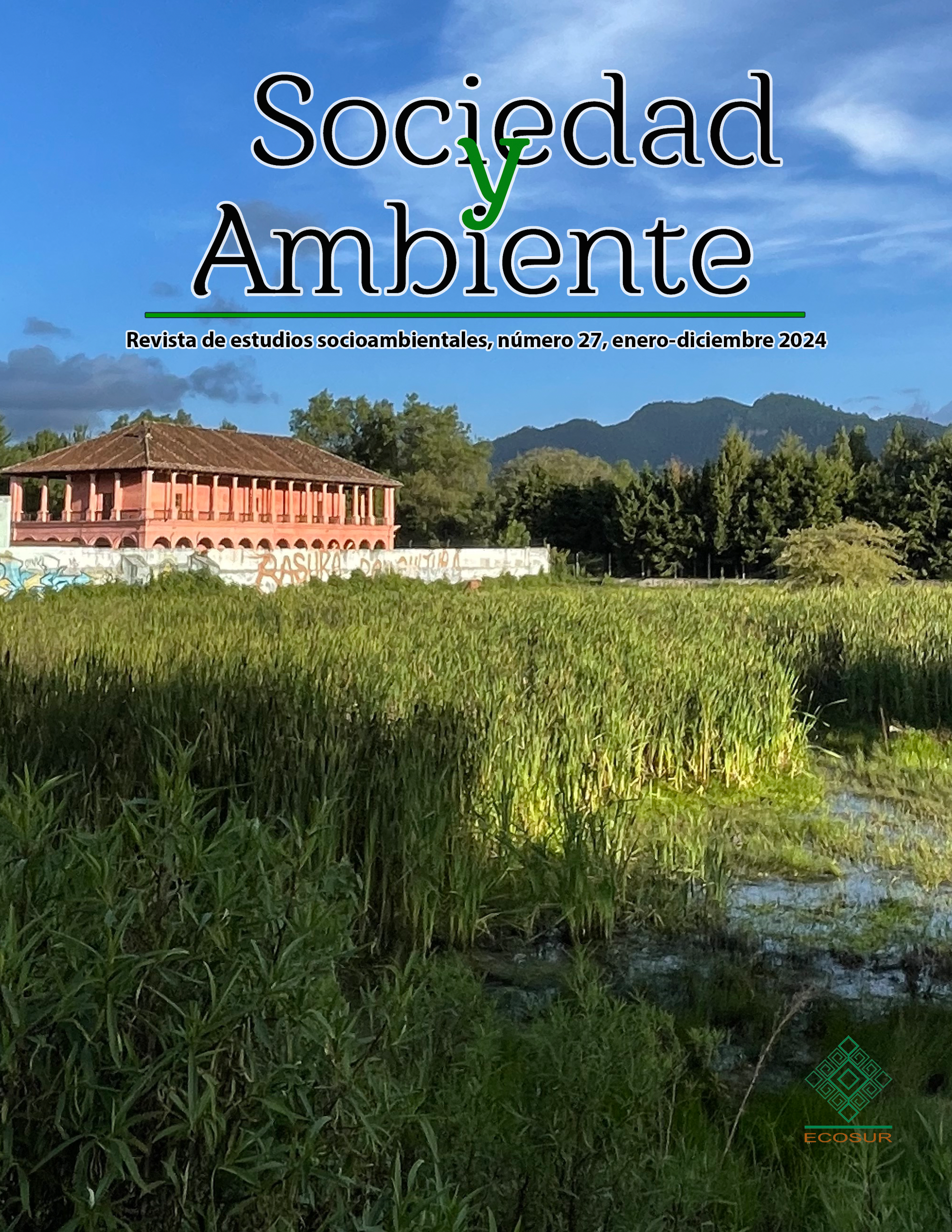Abstract
Given the increasing urban population worldwide, analyzing the conceptions of urban green areas and their management is necessary. In this work, we address the El Crestón Ecological Park case in Oaxaca, Mexico, which provides several hydrological benefits to the surrounding population, to analyze the challenges and opportunities of park governance and stakeholders’ perceptions of green areas. We also reviewed the advantages and disadvantages of this park from the point of view of the conceptual framework of the city’s commons. To this end, we conducted a document review and semi-structured interviews with stakeholders directly involved in the park’s management. We found that the different visions and interests about the green areas require the flexibility of the conventional conceptions of conservation to a broader and more inclusive one that recognizes the cultural contrasts of the current reality of the park, as well as an intentional process of dialogue for the negotiation of objectives and the promotion of a joint learning process. At the same time, to work on planning policies that set limits on urban growth and integrate them into a vision of conservation of nature’s benefits to people is necessary, including cultural services in a preponderant role.

This work is licensed under a Creative Commons Attribution-NonCommercial-ShareAlike 4.0 International License.
Copyright (c) 2024 The Authors


